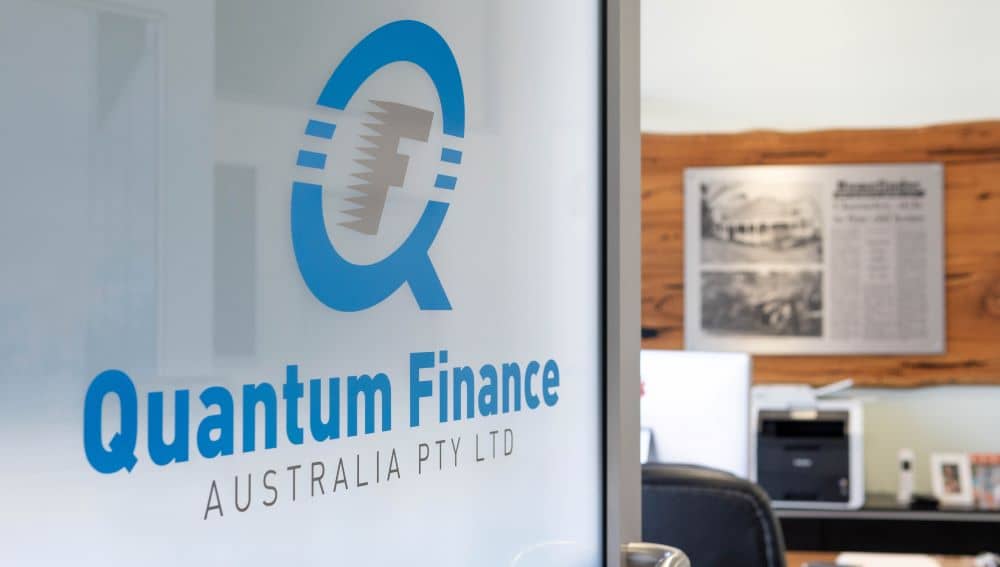
Increase Your Chances of Getting Approved for a Business Loan
Nearly all businesses require funds to get started. You lack the funds to bring it to life. Starting a business is a huge step that often requires huge capital investment. Like many entrepreneurs, you may not have enough money to launch a product or a small firm.
Fortunately, there are ways to get the funding you require, including securing a business loan. Lenders in Australia offer loans for people who want to start a business or pay for a large purchase. However, these loans come with criteria that you need to meet.
Who Can Apply for a Business Loan?
Before you proceed, you must first ensure that you need a business loan.
You most probably need it if:
- You need to make a big-ticket purchase that you cannot afford at the moment. Examples include adding some vehicles for deliveries or expensive equipment to boost your services. If you are involved in commercial real estate you will require funding for land purchases and construction.
- You require financial assistance to pay your staff’s wages.
- You will use the business loan as part of your cash flow management strategy. That way, you will have no issues in keeping your daily operations going.
- Your business will move to a new or bigger space.
- You plan to add more employees to increase your business size further.
There are other reasons why people opt to apply for a business loan. However, it may not be the right solution, especially if you are currently in massive debt. It’s challenging to get approved if you have a loan in default with another lender. Another is not having assets, which you should provide as collateral to get a loan. While some lenders offer unsecured business loans, they may not work for you if you’re avoiding high-interest rates.
The Steps for Securing a Business Loan
After evaluating that your business does require a loan and you are 100% sure that you can afford it, it’s time to set the wheels in motion. Applying for a business loan and getting approved are two different stories. Anyone with a business can apply for a loan, but not everyone will get approved. If you would like to be in the group where the lender says “yes” to your application, here are the steps to follow:
-
Hire a Broker
First and foremost, be smart and don’t do the task on your own. Hiring a broker gives you plenty of benefits. A broker is well-versed with the finance jargon. Even as someone who has established a firm for several years, there are terms you may not understand when you apply for a loan. But brokers have the experience and knowledge to help you understand the process from beginning to end.
A broker also:
- Negotiates with lenders on your behalf
- Assists you with the paperwork
- Saves you time and effort in researching, sending applications, and conferring with financial institutions
- Helps you get approved for the loan
Brokers also have industry relations, which means they can guide you towards locating the suitable lender and loan product for your requirements.
2. Make Sure All Your Business Accounts Are in Order
If you hire a broker, one of their first pieces of advice is for you to fix your business accounts. It involves plenty of tasks, but the most important is to separate your business and personal finances if you haven’t already. You should also have your “books” prepared. Lenders look at those “books” first to assess your ability to repay the loan. That is why you should take this step seriously.
It’s also vital that you check your business record with the ATO. If you have debts under your business name, you should compile them and create a list. It helps you determine your current financial obligations, which is beneficial in planning for your loan repayments.
Finally, you need to check your bank statements. Lenders typically look at the last two months, but many today will want access to the prior six months of activity. Before you apply, be sure that your bank statements do not show you have defaults, discretionary expenses, or overdraws.
3. Update Your Business Plan
If you haven’t prepared your business plan yet, now is the time to do so. Lenders want to see what your business plan entails, which gives the details about your business goals and achievements. It always helps to have a profit and loss statement ready and your balance sheet and budgeting.
To improve your chances of getting approved for a business loan, you should have a cash flow forecast. Its purpose is for you to track cash movement up to a specific period in the future.
4. Compile All Your Records and Necessary Documents
Several years ago, it was truly complicated to apply for a loan. Thankfully, that isn’t the case anymore. Many lenders have easier processes and requirements, especially when you have a broker on your side.
You will most likely be asked to provide:
- Your driver’s licence
- Your Australian Company Number or Australian Business Number
- Your bank account statements and tax records
- Your business plan that outlines how you will use the funds
Lenders have specific record requests, so make sure you provide them with the paperwork. Doing so boosts your chances of getting approved.
5. Determine Your Creditworthiness
Before lenders grant business owners a loan, they first assess the creditworthiness of the business. With the technology we have today, it’s easy for them to find information about the owner and business. They often use the documents you have provided and what they can find on the Internet, including your social media accounts.
So, before you seek funding, ensure that you have tidied up any issues that might affect your chance of approval. For example, if you have a large debt, it may be best to settle it first. If it’s not possible at the moment, you can simply check your business and personal credit ratings through Equifax and other credit reporting bodies.
You will also benefit from accessing your Personal Property Securities Register. Guarantee that there are no errors in the search results; otherwise, you should have them corrected.
6. Know All About Your Funding Requirements
All businesses need funding at some point in their existence. So, you’re not alone in that regard. However, you need to find the right type of financing, which will depend on your situation. What does your business need at the moment? Is it for the immediate access to cash for a short-term problem? If you face some difficulty in paying for your business operations, you probably require funding for your ongoing transactions.
Once again, evaluate your financial circumstances and decide whether you can genuinely pay for the debt. Remember that you will not only settle the amount that you borrowed.
There are also other fees to worry about, such as:
- Business loan interest rate
- Application fees, which can either be a specific figure or a percentage of the amount you’re borrowing
- Valuation fees for secured business loans
- Ongoing, lender, or service fees, which are charged for the general upkeep of the loan and its administration purposes
- Exit fees, which you should pay if you plan to pay off the loan before the loan period is over
Finally, you should understand the difference between secured and unsecured loans. If you provide an asset as security, what will happen to it if you default on your loan? What can you do to avoid that situation?
You can seek help from your hired broker to help you answer your questions.
7. Figure Out the Type of Business Loan to Apply For
There are plenty of business loan types around, but they are classified as secured and unsecured. Secured business loans are the most popular for business owners. These loans are useful for businesses because they can use an asset, such as a vehicle or property, to get a better chance of getting approved.
Aside from the high approval rating, a secured loan also helps reduce the interest fees. That’s because lenders view the borrower as a lower-risk customer. Meanwhile, an unsecured business loan is the exact opposite. It also means that this loan type is more expensive because of the lack of security. Another downside is the lower maximum limits on the amount you can borrow.
However, an unsecured business loan generally has more straightforward applications. Plus, it allows entrepreneurs with no assets to have an equal chance of getting funding. Note that even those without properties or provided collateral can still get a secured loan. If you’re interested, you can enquire with the lender about using a guarantor.
8. Have an Exit Strategy
Providing an exit strategy is a must. And if you wish to increase your chances of approval, you should have more than one exit strategy. Lenders need to know how you will pay them back, and an exit strategy tells them precisely what they need to know. Some common exit strategies include passing the business to a family member, exploring a merger, selling the company, selling your stake to an investor, and liquidating the business.
With the help of a broker, you will increase your chances for approval and find the right lender and loan product. If you live in WA, look for an experienced MFAA accredited mortgage broker so you can safely and conveniently discover the best business loan options for you.



